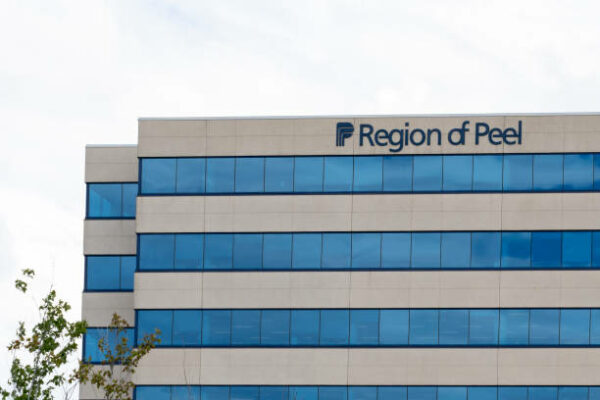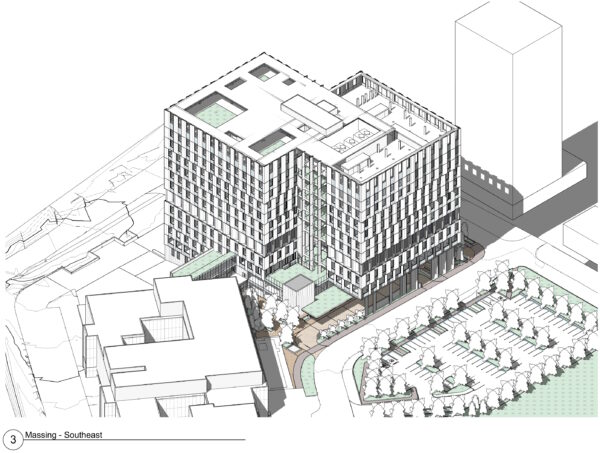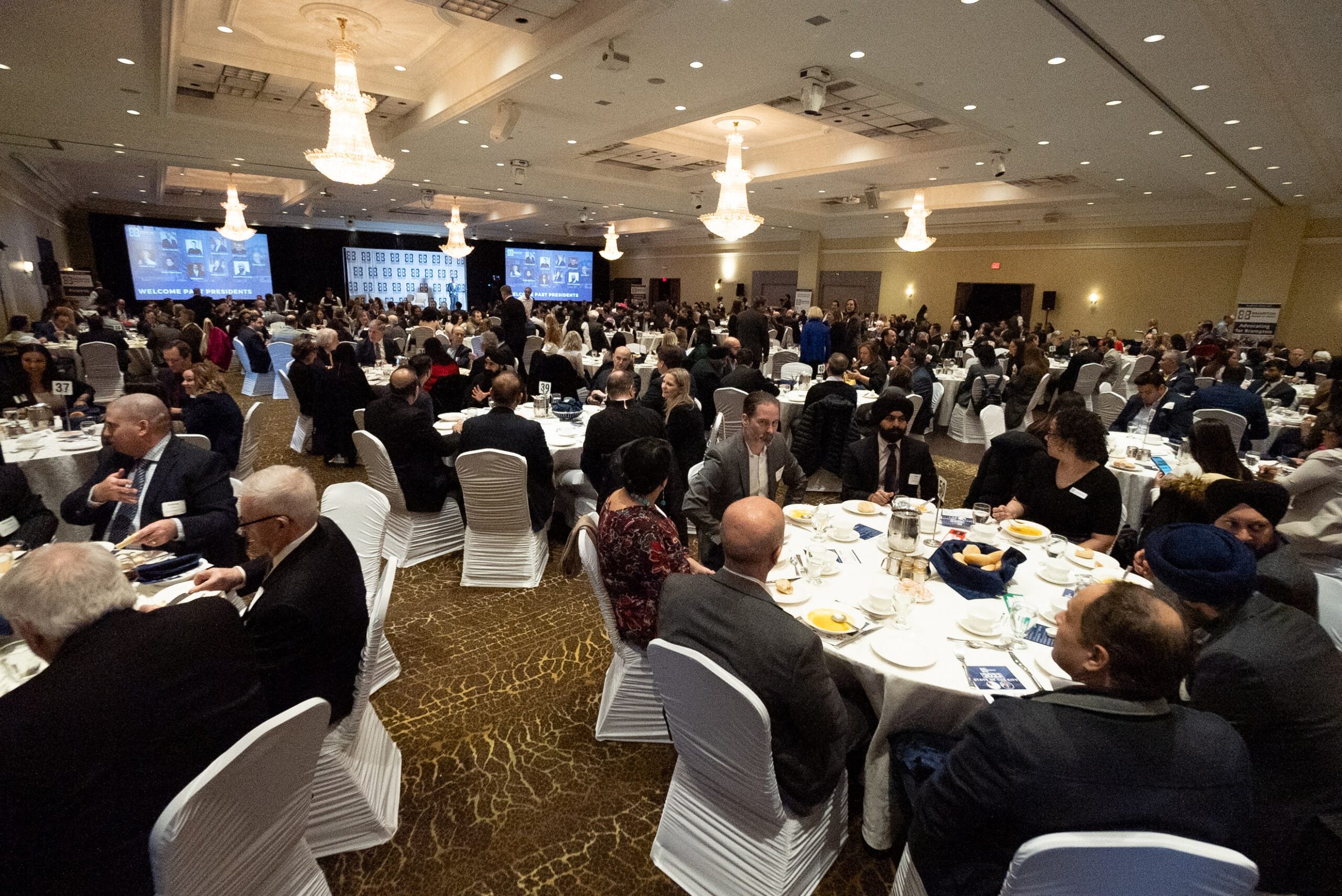
Early this year, the province abandoned their plans to dissolve the Peel Region, citing concerns about significant tax increases and service disruptions. Despite the reversal on dissolution, these concerns are still present. There is no clarity around who is paying for the Region’s governance review.
The Ontario government has redirected the Peel Region transition board, originally tasked with overseeing the specificities of dissolution, to focus on reducing service duplication and bureaucracy, with an emphasis on land use planning, water, wastewater, stormwater management, and regional roads. Housing Minister Paul Calandra’s directive explicitly excludes changes to police and paramedic services to ensure essential services are minimally disrupted.
Local politicians have some concerns about this process. While the transfer of services to municipalities will cut duplication and save taxpayer money, some councilors raise good points about the municipalities’ ability to manage waste and wastewater services effectively. Councillor Rowena Santos shared that new wastewater facilities will present a financial challenge. All parties involved will have to find adequate funding to accommodate the downloading of these capital-intensive responsibilities to municipalities, which are already stretched for cash.
Earlier this month, Peel Region was informed that they would be footing the $1.5 million cost of the transition board that was originally created by the province. With the province now retracting dissolution, local councilors are asking why ratepayers are on the hook for these costs. Councilor Gurpartap Singh Toor brought forward a motion to ask the province to pay for the cost of the transition board which was unanimously supported by regional councilors. To add insult to injury, a new report presented to Peel Regional Council has revealed an annual shortfall of $868 million in Provincial community service funding in the Region, amounting to a gap of $578 per person in Mississauga, Brampton, and Caledon.
The analysis by Blueprint ADE highlights the strain on municipal services such as housing, childcare, schools, seniors care, and non-profit services like mental health support and youth programs, and the financial burden already borne by ratepayers. As a result, local municipalities have had to reallocate $138 per person annually from property taxes to cover this shortfall. Community leaders and residents are calling for immediate provincial action to address the funding inequities.
Add to the mix our questions around funding for critical healthcare in Brampton, such as expanding Peel Memorial into a full in-patient hospital with ER facilities as well as a cancer care centre at Brampton Civic Hospital.

The Brampton Board of Trade is concerned about the funding inequities combined with the financial implications of the transition board, the challenges of downloading responsibilities to municipalities, and the ongoing critical funding needs that have yet to be fulfilled. We invite provincial leaders to provide clarity and reassurance not only on funding commitments, but also that ratepayers in the Peel Region will not be acutely affected by what are ultimately provincial decisions and reversals. Though last year saw division between Brampton and Mississauga on the question of the Region’s existence, we can be united in our desire for the province to show transparency and accountability with our tax dollars.
On June 24th, the Brampton Board of Trade along with our regional counterparts will be hosting our annual State of the Region event at Grand Empire Banquet and Convention Centre. We will be having critical discussions about the future of the Peel Region with regional leadership. Though dissolution is behind us for the foreseeable future, there is still much work to be done on ironing out the details of what the new regional arrangement looks like. We invite you to be part of the discussion and advocacy. Click here to register for early bird tickets, on sale until June 2nd.

